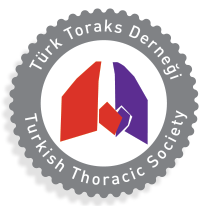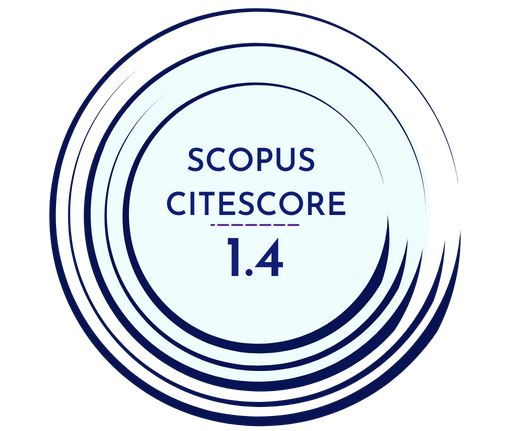OBJECTIVES: Asthma is a global problem and chronic condition that persists through patient’s entire life, during which the possibility of a surgical procedure is common. An accurate clinical and functional evaluation of respiratory functions and asthma control is needed in patients undergoing surgical procedures and requiring general anesthesia. The aim of this study was to disclose any possible relation between postoperative complications and some pre- and postoperative factors.
MATERIALS AND METHODS: In this prospective cross-sectional study, randomly selected 111 asthmatic patients who presented to 10 different tertiary centers were included. The patients were evaluated at three different periods; any day between 1-7 days before surgery, and postoperative third and seventh to tenth days.
RESULTS: Among the patients included in the study, 86 (77.5%) were women and mean age was 52.2±13.8 years. General anesthesia was the most common anesthesia type (89.2%), and 33.3% of patients had had a thoracoabdominal surgery. There was a statistically significant difference between pre- and postoperative third-day values, including ACT scores (22.2±3.16 and 21.59±3.84, respectively; p<0.001); forced expiratory volume during the first second (84.92±19.12 and 78.26±18.47, respectively; p<0.001); peak flow rate (79.51±21.12 and 70.01±19.72, respectively; p<0.001); and SaO2 (96.95±1.82 and 95.8±3.32, respectively; p<0.001). Bronchospasm and pain were the most common complications during the postoperative period.
CONCLUSION: Controlled asthma under treatment steps 1-2-3 does not cause any serious postoperative pulmonary complications (PPCs). Therefore, achieving an optimal control level of asthma during the preoperative period must be considered the “gold standard” to reduce the risk of PPCs in asthmatic patients.
Cite this article as: Erdoğan T, Göksel Ö, Kırkıl G, et al. Is the perioperative period no longer a problem for adult asthmatics under control?-OPERA study. Turk Thorac J 2020; 21(3): 140-4.



.png)
